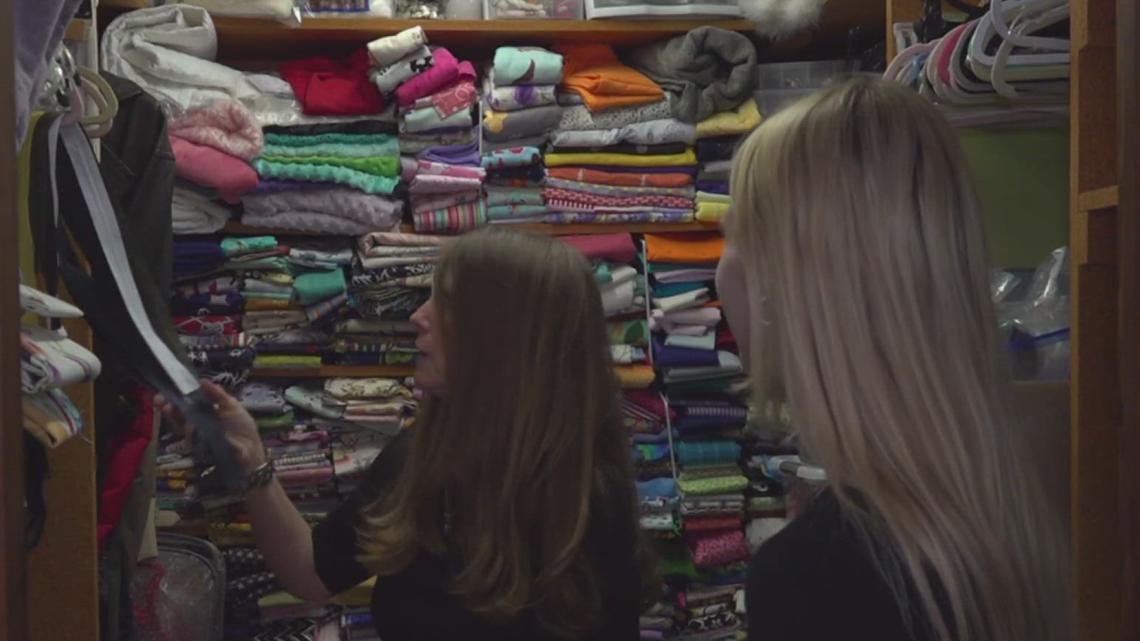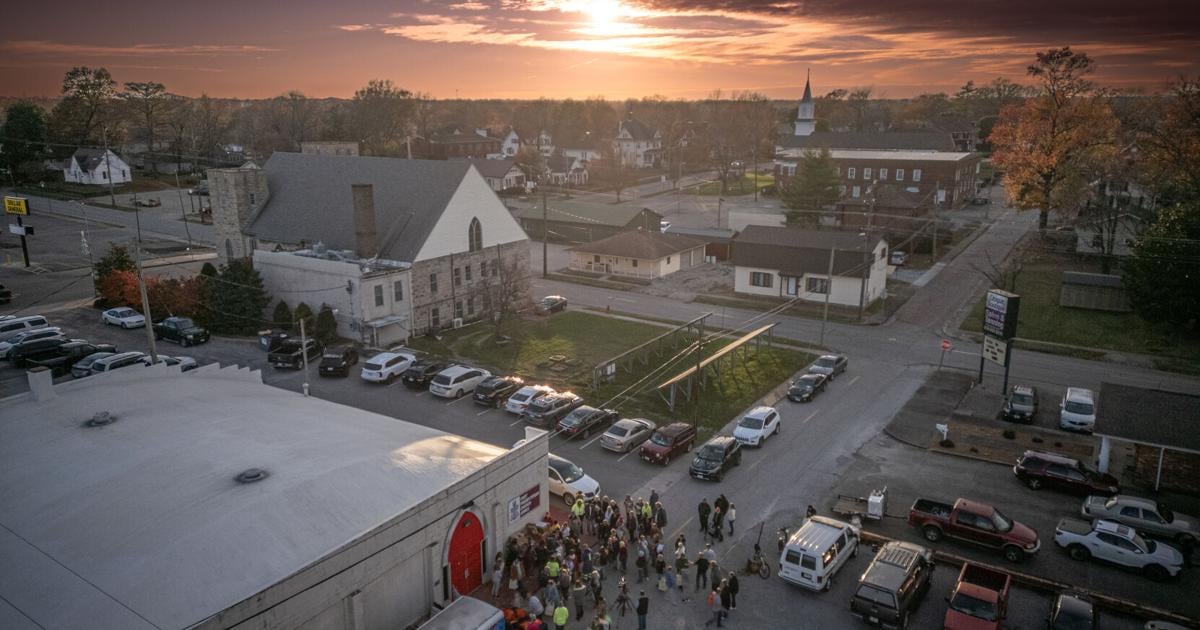Pennsylvania Woman Creates “Comfort Bags” for Children Entering Foster Care

Local Seamstress Provides Comfort to Foster Children Through Handmade Bags
In Pennsylvania, the transition into foster care can be an overwhelming experience for many children. Often, their personal belongings are hastily packed into trash bags, an action that can unintentionally convey feelings of disposability and neglect during a critical phase of their lives. Recognizing this urgent need for compassion and support, Judy Geary, a resident of Biglerville, has embarked on a heartwarming initiative to create “comfort bags” for these vulnerable youth.
Motivated by a surplus of fabric collected over years of sewing, Geary has dedicated herself to crafting these handmade bags filled with essentials and comforting items. “There’s 14,000 foster kids in Pennsylvania alone, so I know I can’t reach them all. I’m hoping others will join in and help out with this project,” she remarked, underlining the importance of community involvement in addressing the needs of foster children.
Each comfort bag, which takes approximately three to four hours to complete, is designed with care and intention. The sets include a tote bag, a toiletry bag, and a pillowcase, aimed at providing a personal touch during what can be a disconcerting transition. In recent weeks, Geary has expanded these bags to include comforting items such as stuffed animals, coloring books, and notebooks. “I believe that every kid needs a stuffy, something to comfort them,” she emphasizes, illustrating her commitment to providing both practical necessities and emotional reassurance.
As word of her project has spread, Geary has seen a growing interest from individuals willing to contribute. Approximately 50 volunteers have reached out to her through social media platforms, eager to assist with sewing or to learn the craft. Geary is not only welcoming volunteers but is also keen to mentor those unfamiliar with sewing, testament to her belief in collaborative community efforts.
Additionally, Geary has partnered with Nancy Markle, the county coordinator for the Keystone Family Alliance, a statewide organization dedicated to supporting foster families. This collaboration enables the efficient collection and distribution of comfort bags to families across multiple counties, ensuring that these essential bags reach children in need promptly.
Through her thoughtful work, which has so far generated 50 to 60 sets of comfort bags, Geary aims to demonstrate that every child deserves to possess something special. “I try to mix fabrics together so they’re unique,” she notes, adding personalized labels that read “Handmade with Love.”
The community’s response has been overwhelmingly positive, with numerous individuals contributing fabric, craft supplies, and even stuffed animals. Those interested in supporting Geary’s initiative can donate materials or even volunteer time to help sew. For more information on how to get involved, individuals can connect with Judy Geary via her Facebook page or reach out to the Keystone Family Alliance to learn about drop-off locations and volunteer opportunities.
Through her efforts, Geary exemplifies the profound impact that compassion and creativity can have, even amid challenging circumstances, seeking to turn a child’s first experience of foster care into one that offers warmth and understanding.






